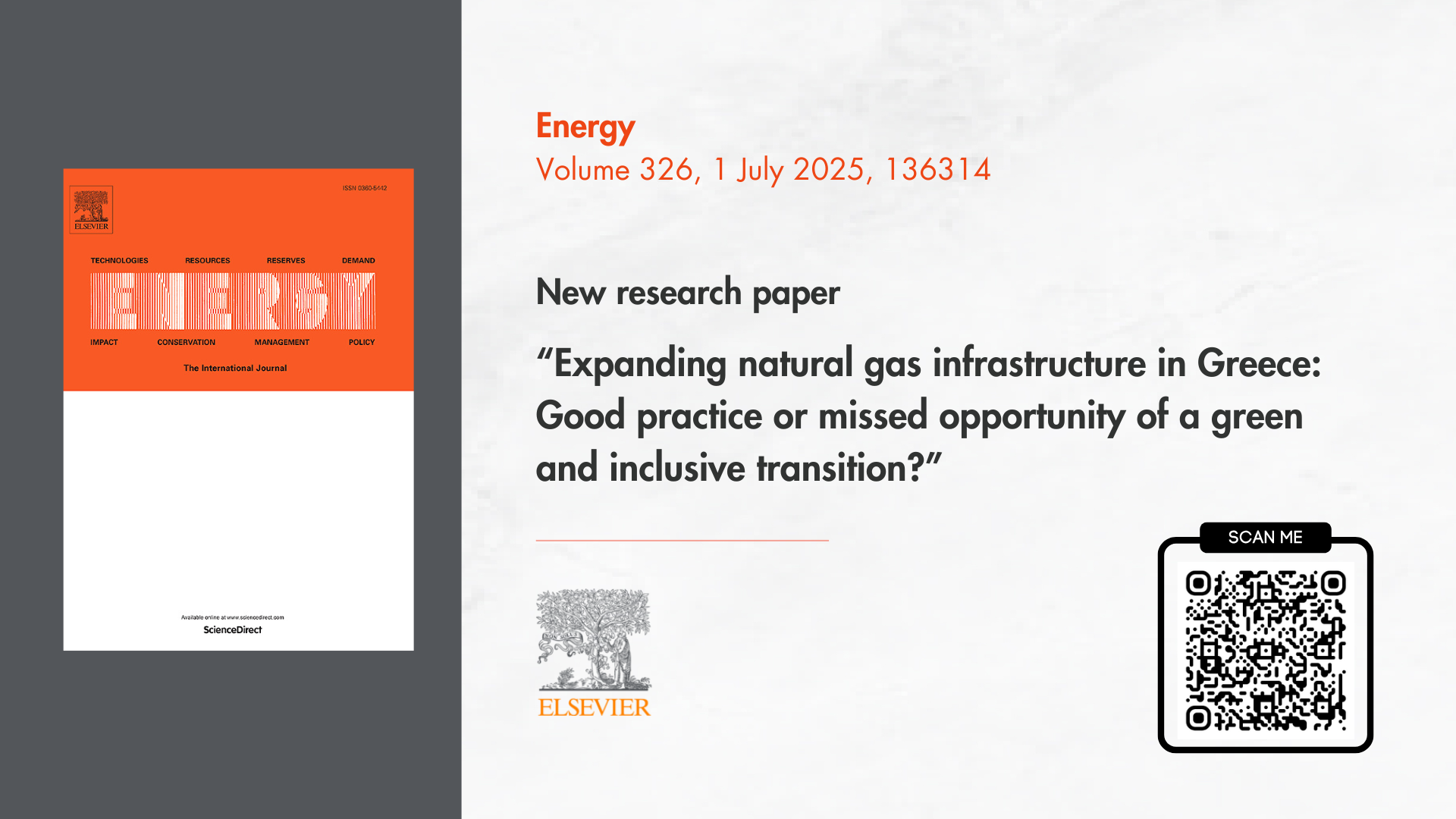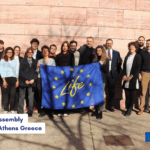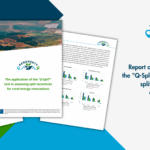Is the perception that electrification is more costly that expanding fossil fuel infrastructure grounded in reality, or is it a misleading myth that risks undermining an actual green transition and energy equity goals?
A new peer-reviewed study by our team has recently been published in Elsevier’s Energy journal entitled “Expanding natural gas infrastructure in Greece: Good practice or missed opportunity of a green and inclusive transition?”, in order to respond to this critical question.
In this study, we employ high-resolution bottom-up modelling (DREEM model) to explore the implications of the expansion of the natural gas distribution network in the Peloponnese region in Greece, simulating different energy transition pathways by 2050.
Our findings suggest that:
- An alternative strategy promoting electrification of residential heating along with energy-efficiency actions could lead to more benefits at both the regional and the household levels!
- To achieve decarbonisation by 2050, more ambitious renovation targets should be set, increasing national annual renovations rates by at least 1.5 times!
Overall, our work highlights the risks of expanding the use of natural gas, especially in regions not previously connected to the network.
Such decisions may represent a missed opportunity, or worse, lead to a lock-in effect and the creation of stranded assets both of which could delay an actual green transition!
Access the full article here!







